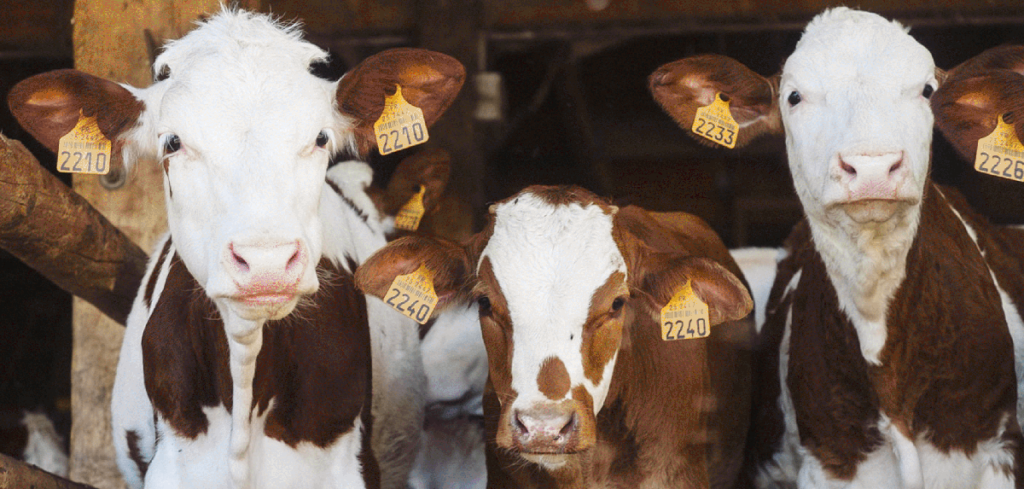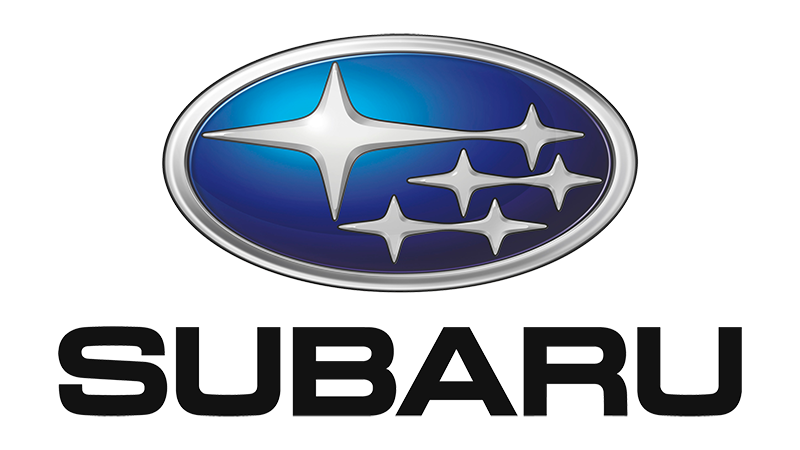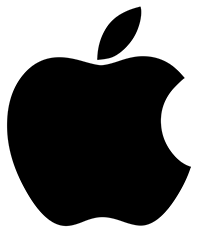Throughout my career I have been asked the question of “What is a brand?” several times. I have also taken part in some very interesting conversations about defining a brand. It’s something that marketers love to talk about and are also very opinionated on.
According to dictionary.com, a brand is: “The kind, grade, or make of a product or service, as indicated by a stamp, trademark, or the like.” Boring!
The American Marketing Association defines a brand as “A name, term, design, symbol, or any other feature that identifies one seller’s good or service as distinct from those of other sellers.” True, but also boring!

To “Real/True” Marketers, Brands are Much More Than That
Years ago, in a business class I heard Ajay Sirsi, York University Schulich School of Business professor, compare a brand in the marketing world to cattle branding. Ranchers who burn their unique ranch logo onto cattle are identifying and protecting their property. The cattle branding practice seems barbaric now, but the comparison to marketing makes sense. Thankfully in modern times cattle tagging and radio frequency trackers are used instead of burning as a more humane method.
Good Brands Make a Lasting Impression
Like a cattle brand, a good product or company brand makes a lasting impression on people. It has permanence. It claims ownership. A while ago I had a nice convertible BMW and while driving it proudly wore my embossed, jet black BMW M racing ball cap while sipped out of my BMW travelling mug. That was my fourth BMW. The brand owned my heart and mind.
To Make their Mark, Brands Need Both Heat and Pressure.
Ajay went on to explain that branding needs both heat and pressure. When branding cattle, to make your mark, you need to heat the branding iron with fire, and you need to apply pressure. In marketing, strategy is the heat, and marketing execution is the pressure. So just like cattle branding, you need both strategy and execution to leave your brand mark. Marketing execution alone, such as a new website or social media programs, is not enough to make a mark. You need strategic heat as well.

Heat: Are Your Strategies Correct?
Brands only make their mark when strategies are correct. Tenato sees this on every project that we take on. Are your company vision, mission, and values appropriate and up-to-date? Do all your associates know and understand them? Have you identified your target market correctly? Do you know your target customers’ wants and needs? Do you know what they think of your company and your competitors? Do you know your strengths and weaknesses? Is your marketing messaging legitimate and credible and does it resonate with your target market? What promotional media and vehicles should you be using? What is the appropriate marketing budget spend and toward achieving what revenue growth targets?
Pressure: Is Your Marketing Execution Effective?
Once you have the appropriate strategic heat, it’s now time for the pressure. Based on strategies for your target market, key messaging, and your budget, you must choose the most appropriate media types. For instance, I have seen B2B companies realize that directing marketing only from business-to-business efforts without executing consumer direct marketing was a mistake. They were doing nothing to create consumer awareness of their brand’s attributes to create desire and purchase intent. As a result, they were not directing consumers to their aligned dealers where the products could be found.
Your strategic heat should also drive your new website or website re-build. What is the right content, the easiest and most logical navigation? What should be emphasized, and how will you drive visibility through advertising or search engine optimization (SEO)?
When engaging new clients, we inevitably see that their existing marketing strategies are not always correct. This means that a lot of money and effort in marketing execution has been thrown in the wrong direction. To ensure the correct approach, we strongly recommend a three-phased sequence of 1) research, 2) strategy, and 3) execution. Research leads to insights upon which fresh and more effective marketing strategies can be established. Only on that strategic foundation should you execute marketing programs such as new websites, social media, and P.R. and promotional campaigns.
But What is a Brand?
Let’s go back now to the original question, how do you best define a brand? Over the years I have had the opportunity to work with some great advertising agencies including Fosters Advertising in the 1980’s, Palmer Jarvis in 90’s, and J. Walter Thompson, and DDB’s Toronto and Chicago office over the past 20 years. I remember debating the definition of a brand with the suits and cool creative guys and recall many of their interesting perspectives. Two definitions really stood out for me.
- “A brand is a promise.”
- “A brand is a shortcut.”
1. A Brand is a Promise.

A brand is a promise is an interesting definition. Well-known brands are indeed a promise. Subaru owners like my daughter will tell you that Subaru ownership promises great value, excellence in four-wheel drive performance, and a high re-sale value down the road. Subaru calls their brand promise a “love promise”. “Our love promise is our vision to show love and respect to all people at every interaction with Subaru. Together with our retailers, we are dedicated to making the world a better place.”

Apple’s brand promise is: “The brand will make you a different person, no matter who you are, if you have an apple product, you will automatically be in the elite segment who also have Apple. It promises recognition, simplicity, new era, change and a lot more. You do not need to change your lifestyle; you just need to buy an Apple product.”

Nike’s brand promise is: “To bring inspiration and innovation to every athlete in the world.” This brand promise doesn’t even mention Nike products, but instead tells the consumer how they think and what they aim to do on a much larger scale than sports clothing and equipment. [LinkedIn April 27, 2015]
2. A Brand is a Shortcut.
Another great definition is that a brand is a shortcut. Because of their well-established reputation, strong brands tell you a lot about a product before you even see or use it. Haagen–Dazs’ ice cream is going to be good, no matter what new flavour you try. You know that Arcteryx’s high-end outdoor wear is going to perform and look good even before you first try it on. And Lululemon is going to be comfortable. This halo that great brands enjoy is a significant competitive advantage. It also comes with the added pressure of continually living up to your brand promise.
Brands are not confined to companies and products; people are also like a brand. Your personal brand is a promise and a shortcut. Politicians are a perfect example. People are so polarized in their opinion of their politicians, former President Donald Trump, and current Canadian Prime Minister Justin Trudeau, for example. You either love them or hate them. How you interpret their new policies and what they say is influenced by your preconceived opinion of them.
You Are Your Own Brand
When coaching younger members of marketing teams that I have led in the past, I sometimes asked them this question, “What is your brand?”. That threw them for a loop. “I’m not a product. I don’t have a brand.” I responded, but you do have a brand. In your personal life and your career, you build and carry a reputation. That’s your brand.
A good personal brand must be earned the hard way through strong character, hard work, supporting others, being respectful and through your track record of achievements. If you had to sit down and describe your personal brand character, what would it be? What would others say? Are you proud of it? Would you like to see it changed?
A Brand is Like a Friend
I’d like to share my take on what best describes a brand.
To me, the closest parallel to a company or product brand is friendship. A brand is like a friend. We share a special relationship with our friends which is different from the other people in our lives; just as we have a favoured relationship with one product brand over others. Our friends are the people that we have chosen to spend more time with, to support, and to be loyal to. Importantly, we know that this will be reciprocal, as they feel the same way about us.
Just as we know and trust how our favorite product brands will perform for us, we can also predict and rely on how our friends will treat us, think, say, and how they will behave. Like an Apple product, this consistency gives us comfort and keeps us coming back. Good companies know that a brand friendship must be earned in the first place, and importantly, will only be maintained if they continue to consistently deliver on the brand promise.
Brand loyalty like friendship is won and lost.
Friendship and brand relationships are dynamic. They can be newly won, they can be lost, and when we are lucky, they can be maintained and enjoyed for years to come. Good companies strive to continually grow their friendship list by making new friends and holding onto good friends. As the old saying goes, “to have a friend you need to be a friend”.
Stay tuned for my next article which will address the value of a brand, coming soon.
Need Branding Assistance?
Tenato’s offices in Vancouver, Calgary and Toronto are highly experienced in defining brands and helping you ensure that you have the right heat and pressure to make an effective, lasting impression. Tenato works with companies to take them through the proven research, strategy and execution process toward igniting brand equity and dynamically growing revenue.

